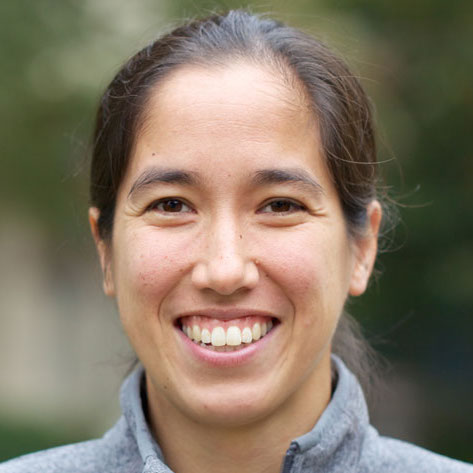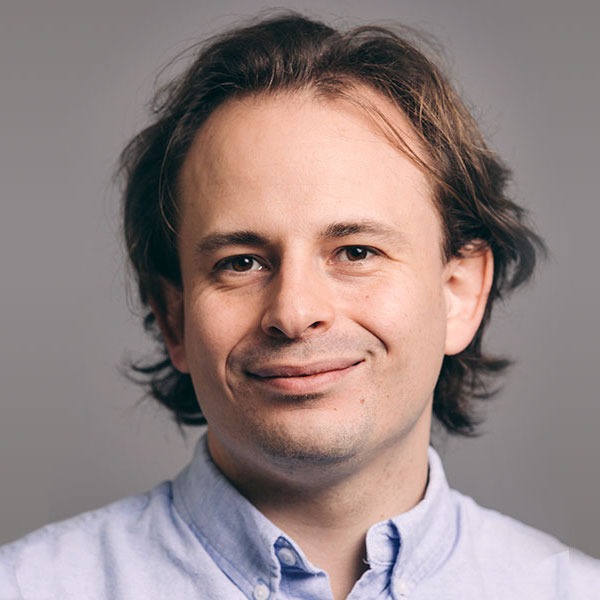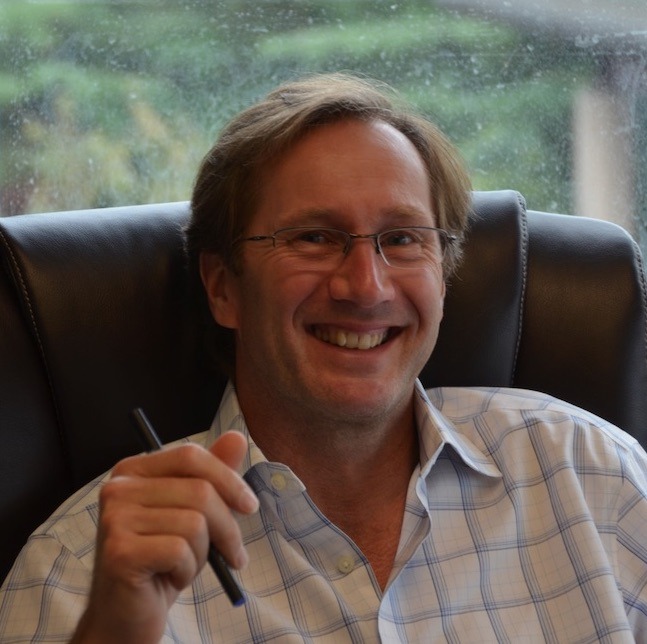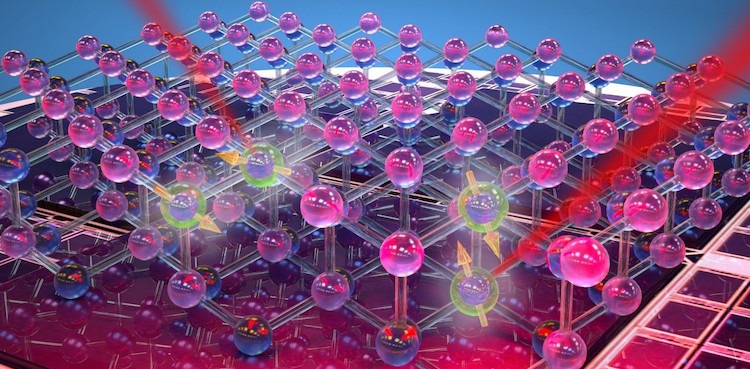Professors Kai-Mei Fu, Martin Savage, and Nathan Wiebe join Microsoft and PNNL in $965 million effort to advance U.S. quantum computing
The White House Office of Technology Policy (OSTP), the National Science Foundation (NSF), and the U.S. Department of Energy (DOE) have announced five new quantum information science (QIS) research centers led by the Argonne, Brookhaven, Fermi, Oak Ridge, and Lawrence Berkeley National Laboratories. The new QIS institutes will receive $625 million in OSTP, NSF, and DOE funding over the next five years, and contributions from the private sector and academia amount to another $340 million.
Nathan Wiebe, a UW affiliate assistant professor of physics and Pacific Northwest National Laboratory (PNNL) senior scientist, will lead the Software thrust at the Co-design Center for Quantum Advantage (C2QA). Kai-Mei Fu, associate professor of electrical & computer engineering and physics and a co-chair of the interdisciplinary QuantumX initiative at UW, will contribute to the Materials and Devices thrusts of C2QA. Martin Savage, professor of physics at UW, will contribute to the Quantum Algorithms and Simulation thrust at the Quantum Science Center (QSC). PNNL and Microsoft are also member organizations of QSC.
“We’re excited to be part of this revolutionary national network of quantum information scientists,” said Fu. “With Microsoft and PNNL attached to these new centers, we also have an opportunity to strengthen UW’s existing regional partnerships in this field. Collaboration across disciplines and institutions is key to accelerating quantum computing.”

Fu researches the properties of defects within crystals, which have historically been engineered to tune the classical properties of electronic and optical devices. At low temperatures, single defects can exist in pure quantum-mechanical states, enabling a new generation of devices which includes quantum communication devices.
Interested in building the quantum computers of the future? Funding will be available for a student and a postdoctoral fellow to work on engineering defects and quantum frequency conversion for quantum networks. Contact Kai-Mei Fu (kaimeifu@uw.edu) and Martin Savage (mjs5@uw.edu) for more information.
Wiebe, a global leader in quantum algorithms, will develop the next generation of algorithms to take advantage of new quantum computing hardware designed at C2QA and lead a team of over 30 scientists dedicated to build the software, algorithms, error correction strategies needed to realize the full potential of new quantum hardware through codesign.
“Quantum computers work in a fundamentally different way than classical computers,” he explained. “Quantum information storage and transmission devices could mean a major leap in processing power, but we need to write entirely new software architectures to take advantage of this hardware. One of our major goals is to perform the first quantum simulations of some of the most fundamental theories of particle physics.”

Savage, who is also a senior fellow at the UW Institute for Nuclear Theory (INT), will contribute to the development of algorithms and simulations at QSC.
“QSC will integrate research across new materials, software and algorithms to simulate and advance quantum systems and quantum-enabled sensing,” said Savage. “New quantum capabilities will make it possible to investigate some of the grand challenge problems we face in nuclear and particle physics, and in designing and developing future quantum computers.”

At UW, QuantumX supports research in quantum-enabled technologies across disciplines, targeting applications like computing, new materials, communication and networks, sensing, and simulation. QuantumX also facilitates cutting-edge education and workforce development, as well as commercialization of promising discoveries from UW laboratories. The Northwest Quantum Nexus (NQN), a coalition led by UW, Microsoft, and PNNL, aims to position the region as a global hub for quantum computing and other quantum-enabled technologies. Fu and QuantumX will lead a new NSF Research Traineeship program at UW known as Accelerating Quantum-Enabled Technologies (AQET), which will establish one of the nation’s first formal graduate student curricula in QIS.
Along with the five QIS centers, NSF and federal partners awarded $140 million over five years to establish seven institutes for artificial intelligence (AI) research and development. UW professors of CSE, environmental policy & management, and statistics are part of teams that will research AI for machine learning and for weather, climate, and oceanography.

